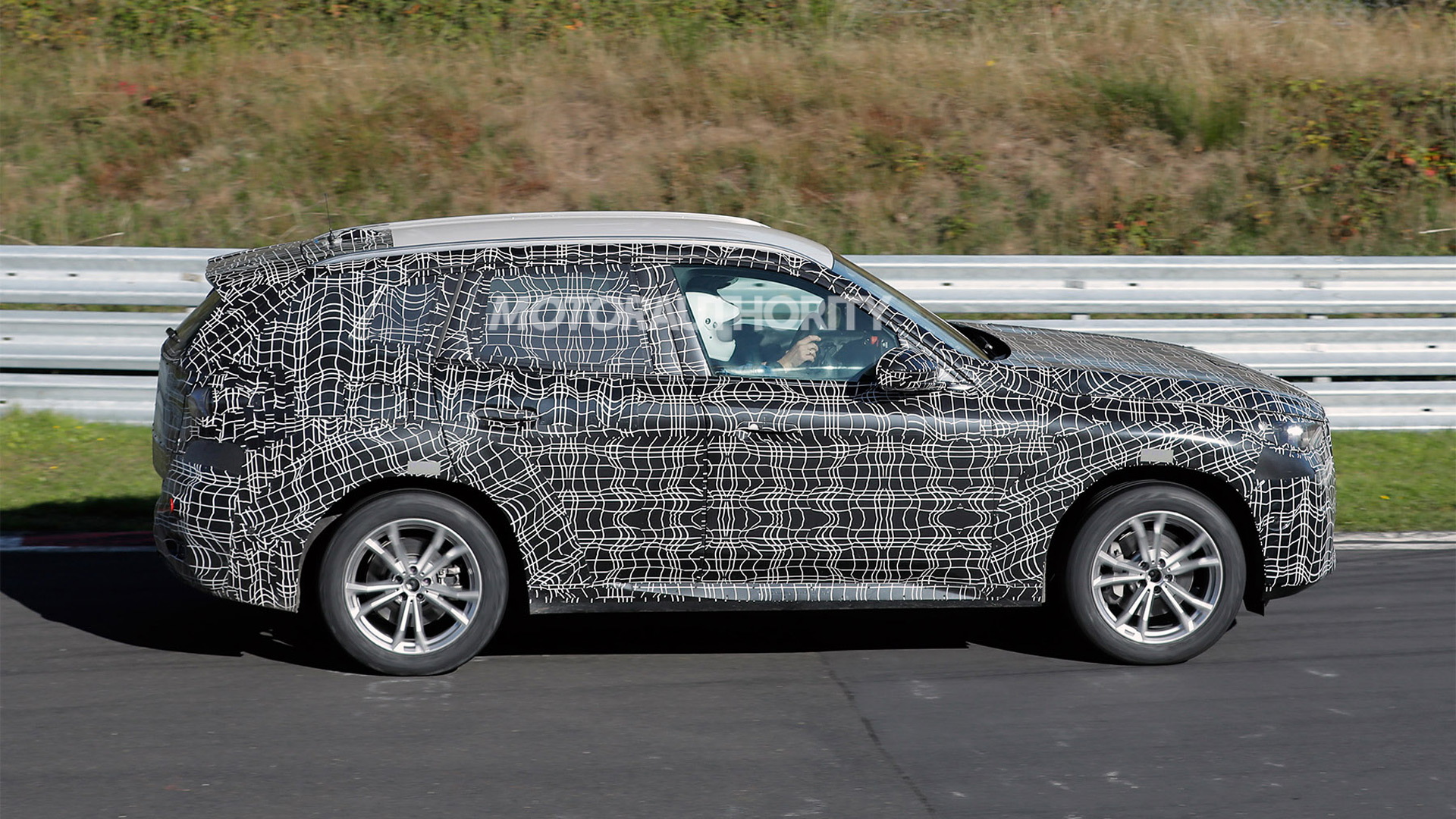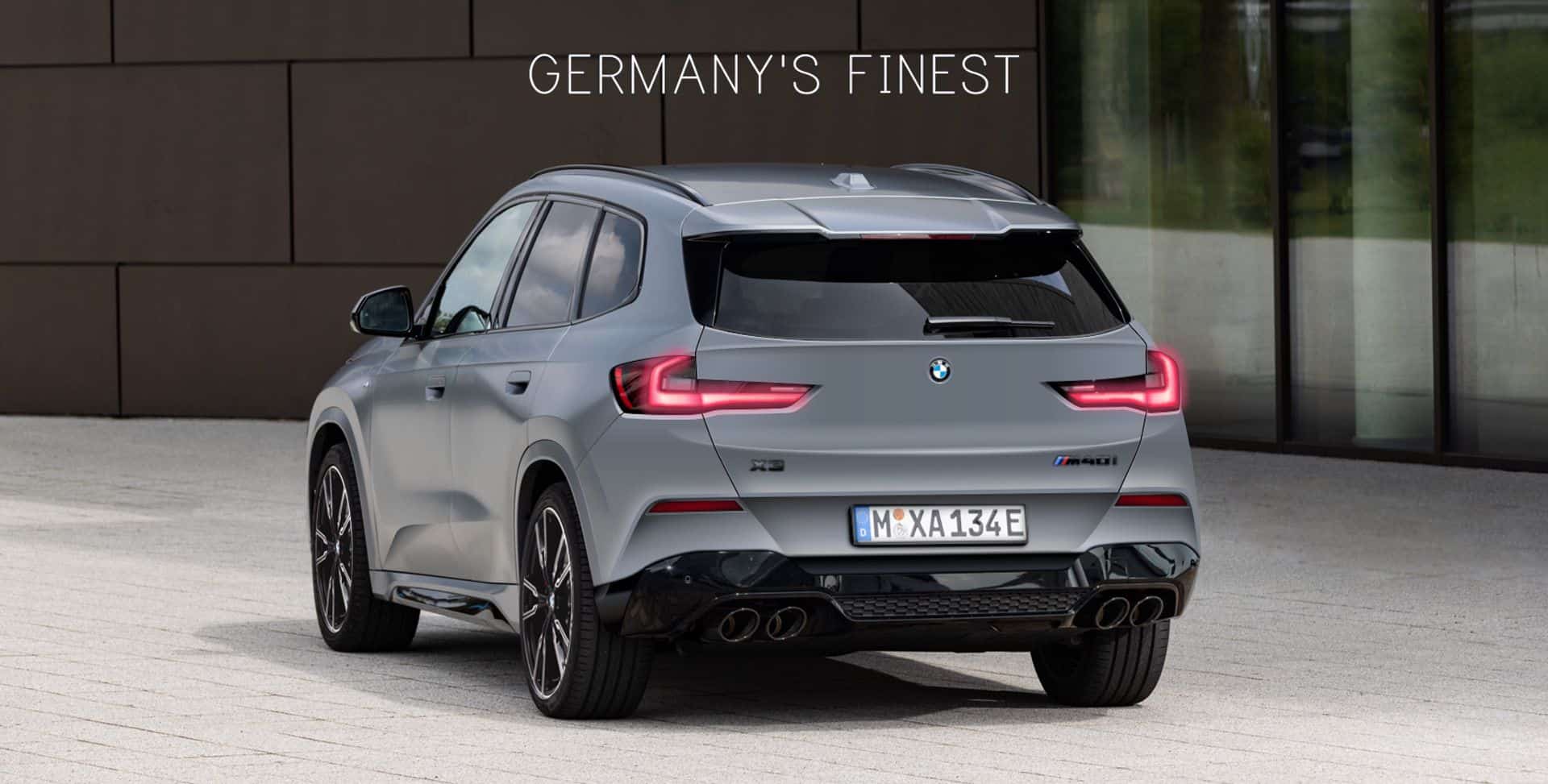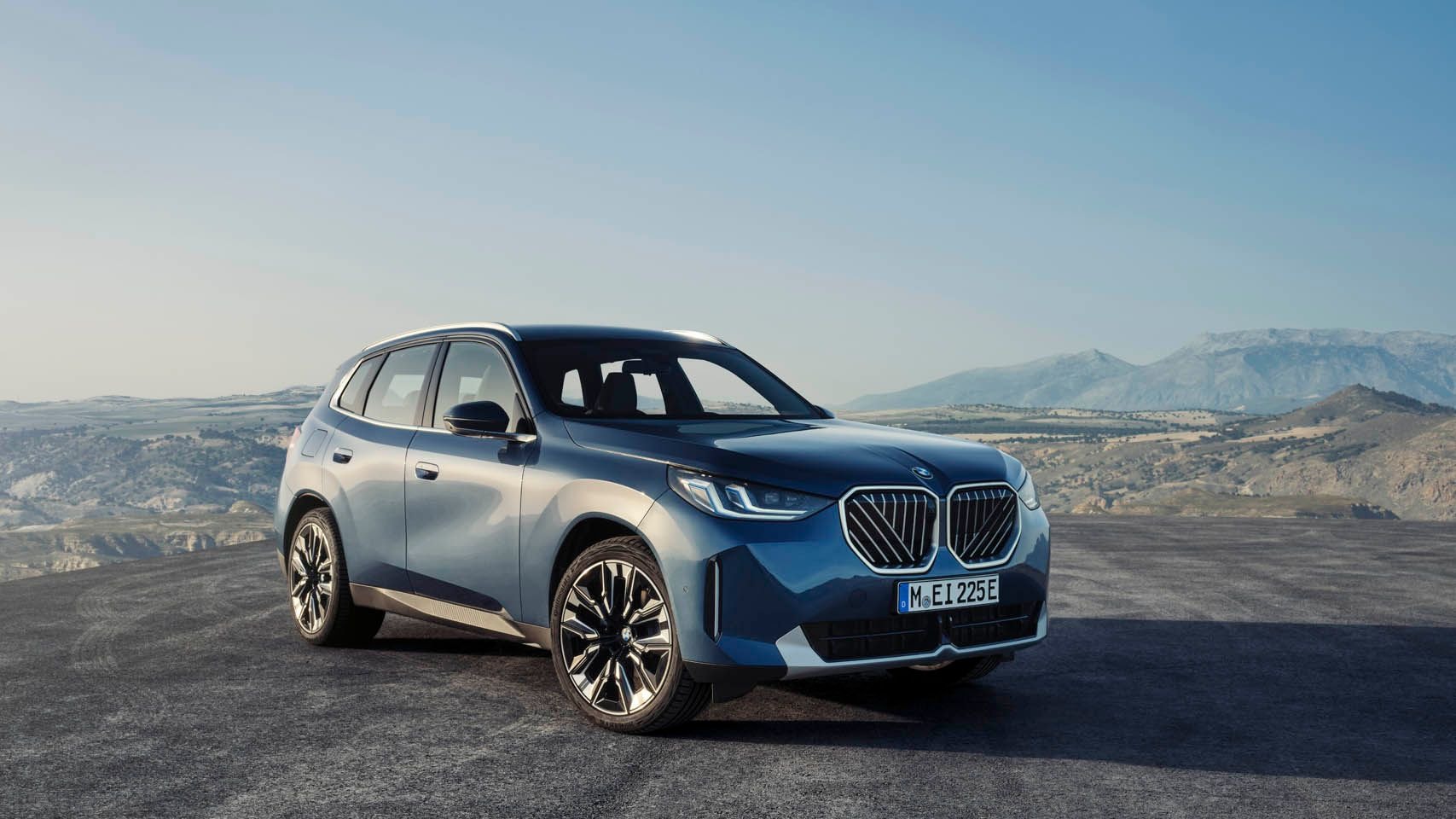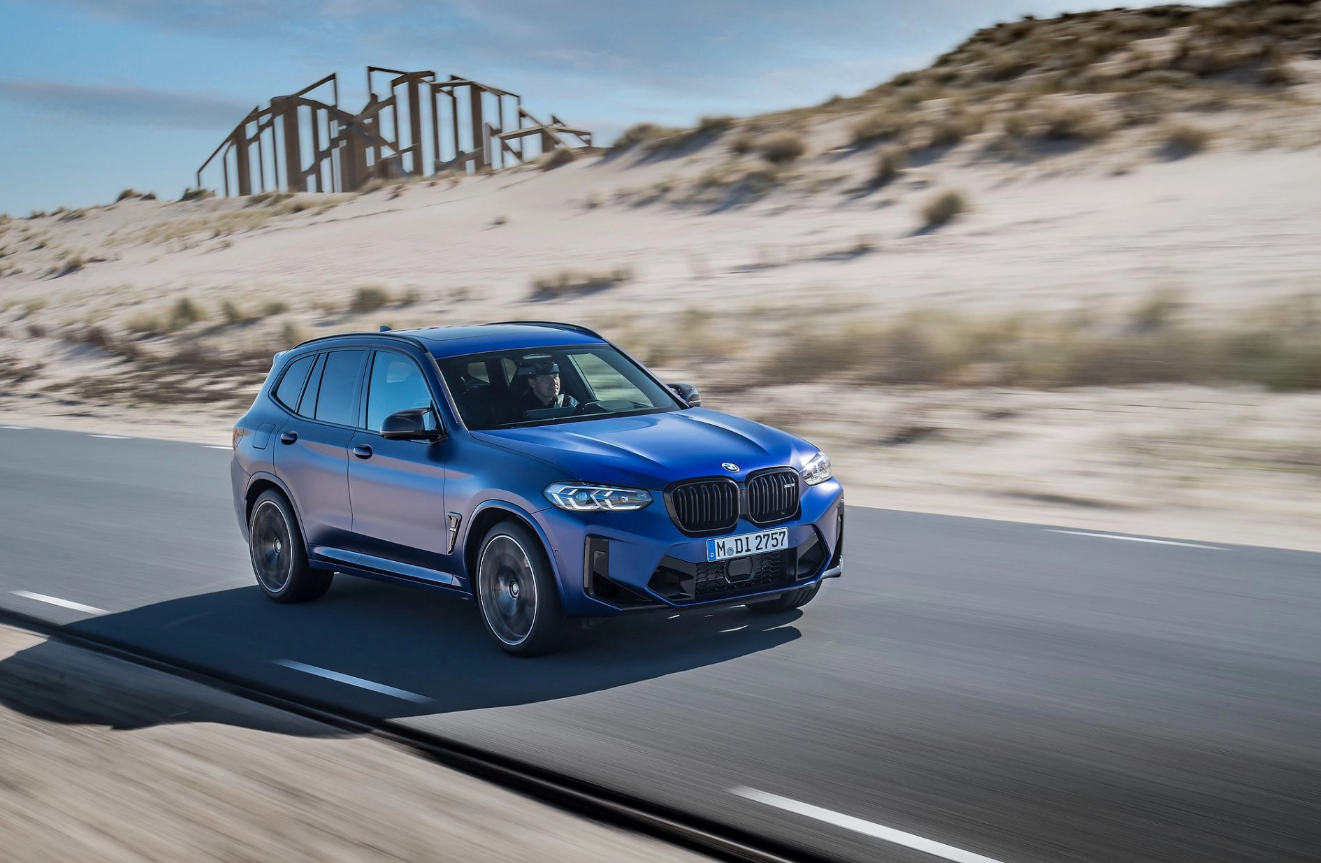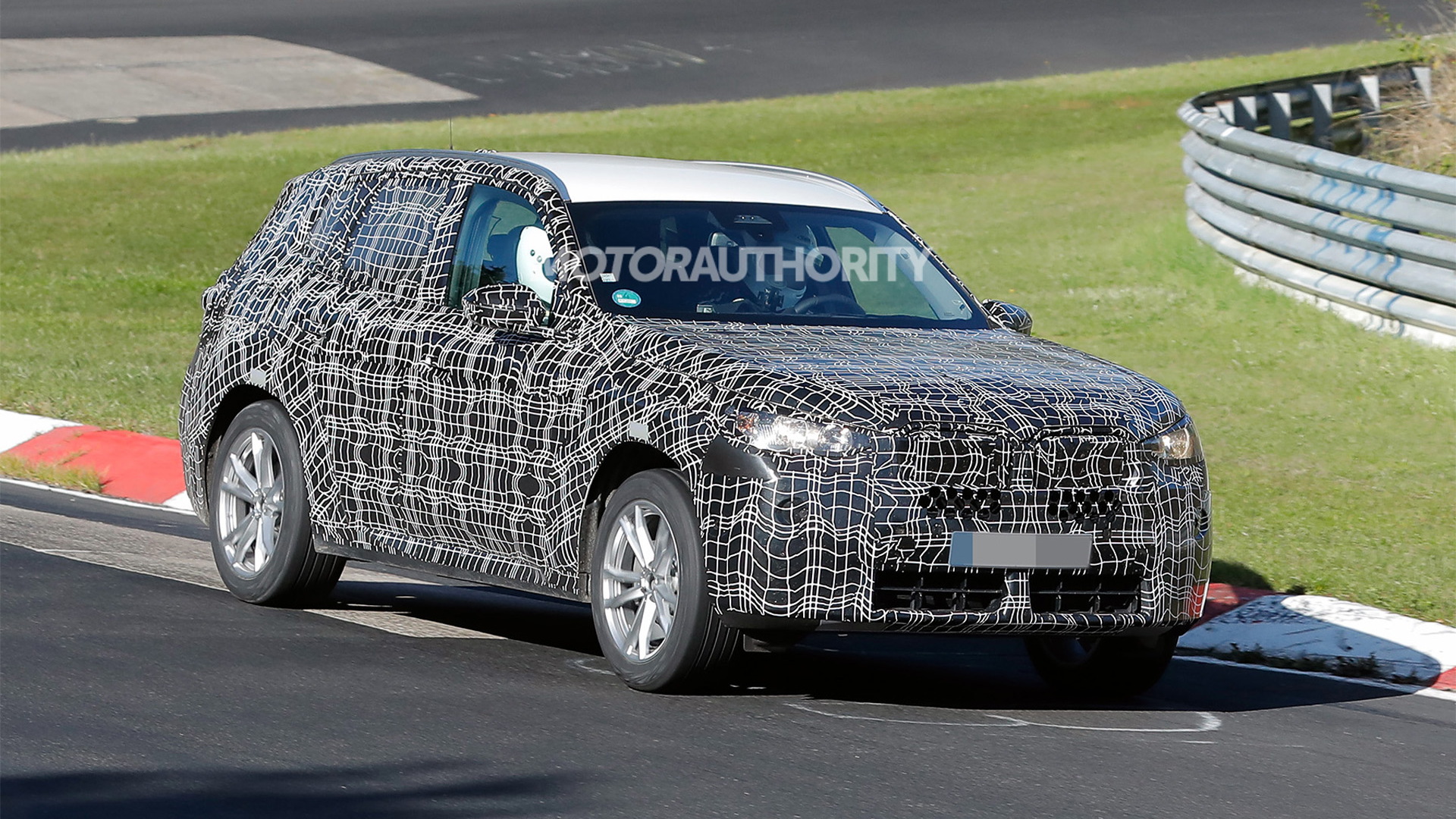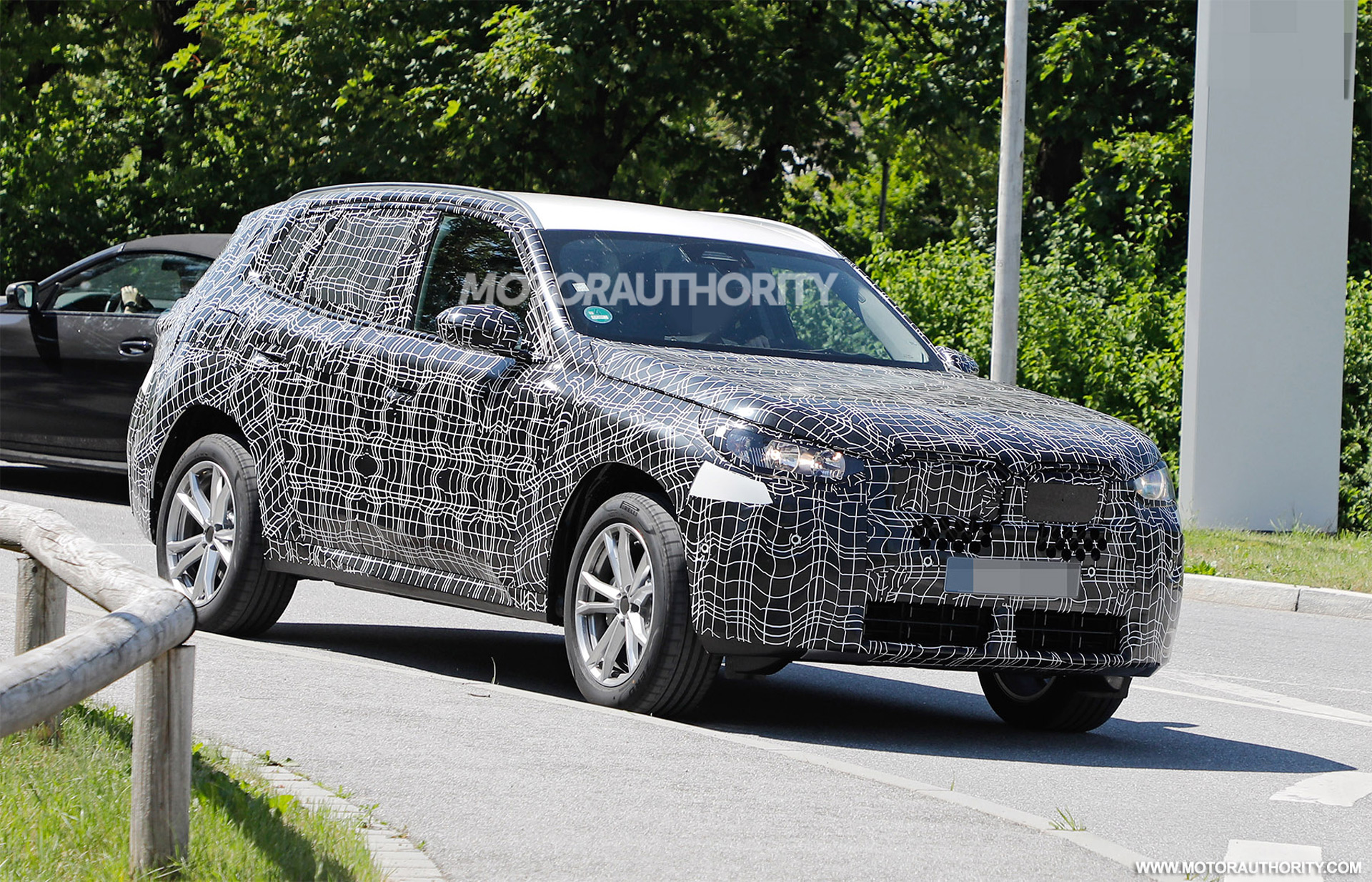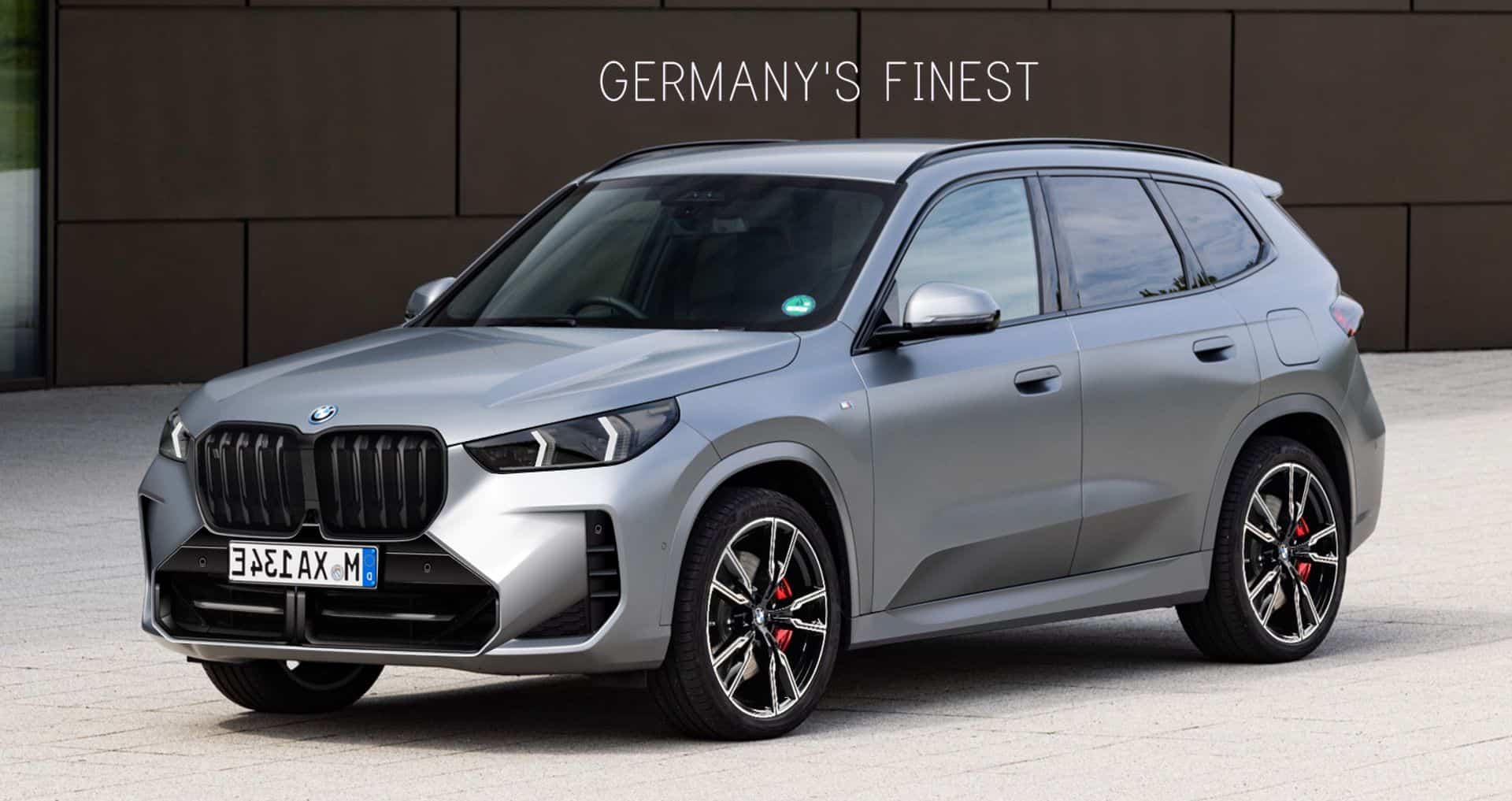
The 2025 BMW X3: A Glimpse into the Future of Fuel
The BMW X3 has consistently been a top contender in the compact luxury SUV segment, known for its sporty handling, premium interior, and advanced technology. As we approach 2025, the automotive landscape is shifting dramatically, with electrification taking center stage. The 2025 BMW X3, however, promises to be a fascinating case study in the evolution of fuel types, offering a diverse range of options to cater to different needs and preferences.
The Electric Revolution: The BMW iX3 Takes the Lead
The BMW iX3, launched in 2020, has already established itself as a strong electric contender within the X3 lineup. This fully electric SUV boasts an impressive range of over 280 miles on a single charge, thanks to its powerful 80 kWh battery. The iX3 delivers the signature BMW driving experience, with its responsive electric motor offering instant torque and effortless acceleration.
In 2025, expect the iX3 to receive further refinements, potentially including:
- Enhanced battery technology: BMW could introduce a new generation of battery cells with higher energy density, pushing the range even further.
- Improved charging infrastructure: BMW is actively investing in expanding its fast-charging network, making long-distance travel in the iX3 even more convenient.
- Software updates: Over-the-air updates will likely introduce new features and enhance the overall user experience, keeping the iX3 competitive in the rapidly evolving electric landscape.
Hybrid Power: The X3 xDrive30e Continues to Evolve
For those who prefer a blend of efficiency and performance, the X3 xDrive30e, a plug-in hybrid, remains a compelling option. This model combines a powerful gasoline engine with an electric motor, offering a combined output of 292 horsepower. The xDrive30e can travel up to 30 miles on electric power alone, making it ideal for short commutes and city driving.
In 2025, the xDrive30e is likely to see:
- Increased electric range: Improvements in battery technology could extend the electric-only driving range, making it a more viable option for longer commutes.
- Enhanced efficiency: Further optimization of the hybrid system could lead to improved fuel economy and reduced emissions.
- Advanced connectivity: The xDrive30e will likely benefit from the same software updates and connected features as the iX3, enhancing its user experience and safety features.
The Future of Fuel: Exploring New Horizons
While the iX3 and xDrive30e represent the current focus on electric and hybrid powertrains, BMW is also exploring alternative fuel technologies that could shape the future of the X3.
- Hydrogen Fuel Cells: BMW has been actively researching hydrogen fuel cell technology, which offers the potential for long-range, zero-emission driving. A hydrogen-powered X3 could be a game-changer, addressing the range anxiety often associated with electric vehicles.
- Sustainable Biofuels: BMW is committed to sustainability and is exploring the use of biofuels derived from renewable sources. These biofuels could offer a cleaner alternative to traditional gasoline, reducing the environmental impact of the X3 without requiring a complete shift to electric power.
- Advanced Combustion Engines: BMW continues to refine its internal combustion engines, focusing on increasing efficiency and reducing emissions. The X3 could benefit from these advancements, offering a balance of performance and fuel economy.
The 2025 BMW X3: A Tailored Approach to Fuel
The 2025 BMW X3 is poised to offer a diverse range of fuel options, catering to the needs and preferences of a wide range of drivers. From the fully electric iX3 to the efficient xDrive30e, and the potential for future innovations like hydrogen fuel cells and sustainable biofuels, the X3 will likely be a showcase of BMW’s commitment to a sustainable and dynamic future.
Beyond the Engine: The X3’s Enduring Appeal
While the focus on fuel types is crucial, the 2025 X3 will continue to deliver the core values that have made it a popular choice:
- Sporty Handling: The X3 is renowned for its agile handling and precise steering, making it a joy to drive on winding roads.
- Premium Interior: The X3 boasts a high-quality interior with comfortable seating, premium materials, and a user-friendly infotainment system.
- Advanced Technology: BMW is known for its cutting-edge technology, and the 2025 X3 will likely feature advanced driver assistance systems, connectivity features, and innovative safety technologies.
Conclusion: A Vision for the Future
The 2025 BMW X3 represents a pivotal moment in the automotive industry, demonstrating the transition towards a more sustainable and technologically advanced future. With its diverse range of fuel options, its focus on performance and luxury, and its commitment to innovation, the X3 is poised to remain a top contender in the compact luxury SUV segment, offering a glimpse into the future of automotive design and engineering.
Beyond the article:
This article provides a broad overview of the potential fuel options and features of the 2025 BMW X3. To gain a deeper understanding of the specific details, we can delve into the following aspects:
- Technical specifications: Detailed information on engine power, torque, acceleration, range, battery capacity, and charging times for each fuel option.
- Pricing and availability: An analysis of the expected pricing for each model and the anticipated launch dates.
- Comparison with competitors: A comparative analysis of the 2025 X3 with its key rivals in the compact luxury SUV segment, highlighting its strengths and weaknesses.
- Environmental impact: A detailed assessment of the environmental footprint of each fuel option, including emissions, energy consumption, and life cycle analysis.
- Consumer reviews and feedback: Gathering insights from early adopters and experts on the real-world performance and user experience of the 2025 X3.
By exploring these areas in greater depth, we can gain a comprehensive understanding of the 2025 BMW X3 and its role in shaping the future of the automotive industry.
